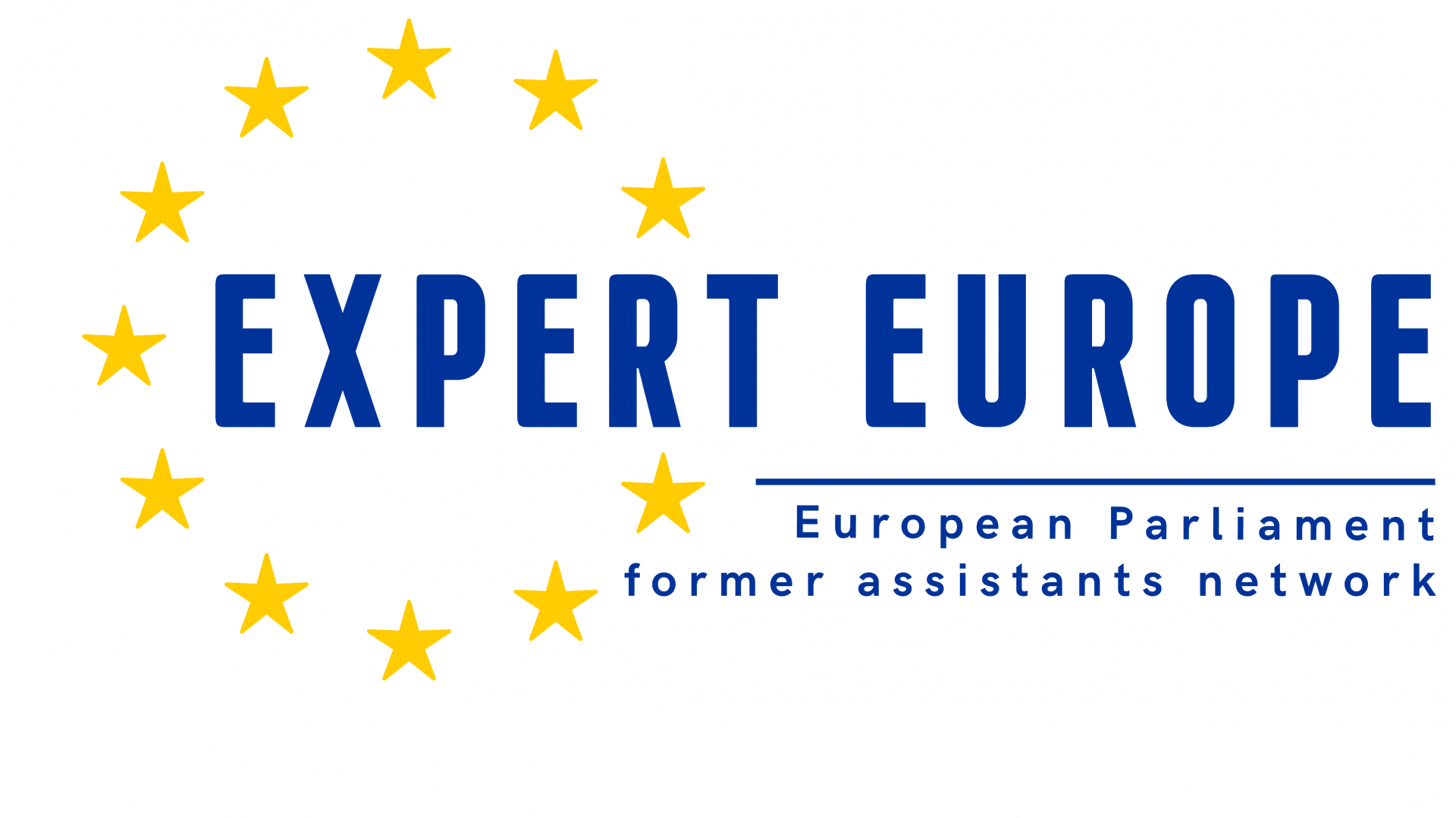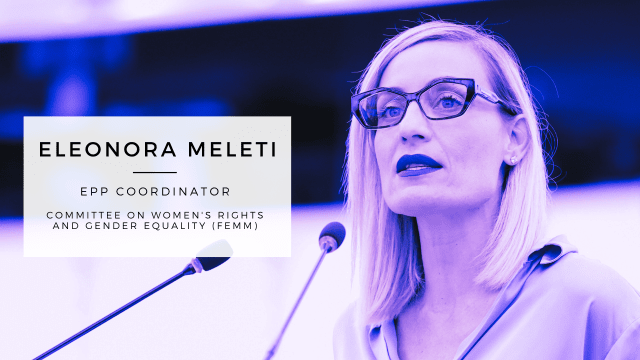She didn’t say no
In 13 EU countries, rape laws lack a consent-based definition, enabling defences like “She didn’t say no.” As MEP Eleonora Meleti warns, this legal gap leaves countless victims unprotected, as seen in the harrowing case of Gisèle Pélicot.
A man snatches a phone from a woman. At his trial, his defence is, "She didn’t say no." He is found guilty. A man rapes a woman. At his trial, his defence is the same: "She didn’t say no." The man may walk away free. That is, in essence, how things stand in 13 European Union countries. This disturbing reality underpins cases like that of Gisèle Pélicot, a French woman who was drugged and repeatedly raped by her husband and more than 50 others in her home over ten years. Unbelievably, her attackers could have gone unpunished.
How is this possible? It is horrifyingly simple. France is among the EU Member States that resisted establishing consent as the cornerstone of the European Commission Directive's definition of rape. Instead, French law defines rape as any sexual act committed “by violence, coercion, threat or surprise". Without that vital explicit reference to consent, the law offers women flimsy and unreliable protection.
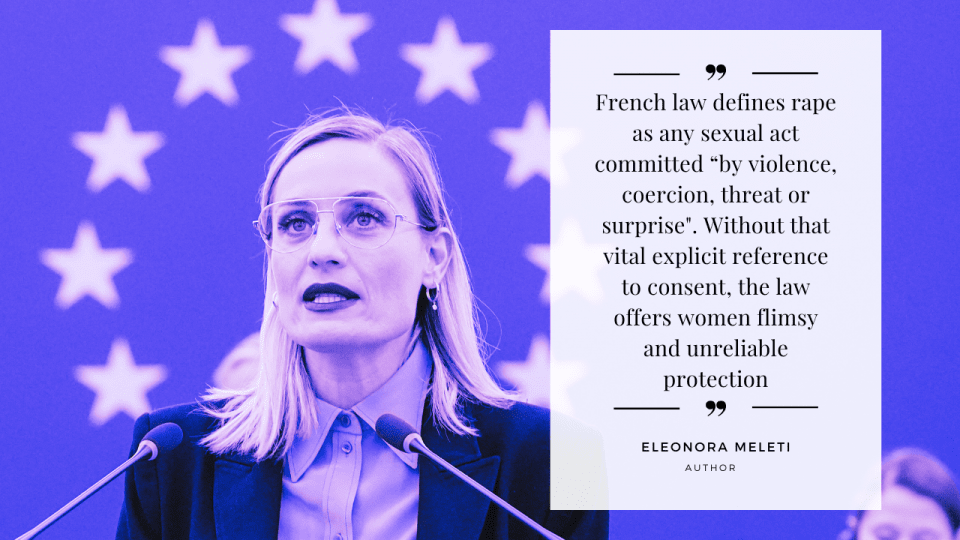
The result? That although rapes are frequent – while France recorded 25,000 reported rapes last year, convictions remain rare. In Gisèle Pélicot’s case, her abusers were convicted solely because of videotapes found in her husband’s possession and his own confession. Without this evidence, the legal system would have made it alarmingly easy to claim, “She didn’t say no.”
Some may argue that ‘no’ is just a word, but the figures tell a sobering story. French authorities registered 114,000 victims of sexual violence last year, including those 25,000 reported rapes. However, experts believe that these figures are conservative, as most rapes go unreported due to insufficient evidence. In cases of rape, tangible evidence is often hard to gather. Without consent being included in the definition of rape, is it any wonder that roughly 80 per cent of women don’t press charges?
Without that element of consent, 80 per cent of the victims who do press charges see their case dropped before it is even investigated. What chance do women have when the definition of rape is narrow, inconsistent and open to the "she didn’t say no" defence?
Consent-based rape law already exists in Germany, Sweden and other European countries. After Sweden introduced it into law in 2018, accompanied by a campaign to stress that “Sex is always voluntary; if not, it’s a crime,” reporting of rape surged and convictions rose by 75 per cent.
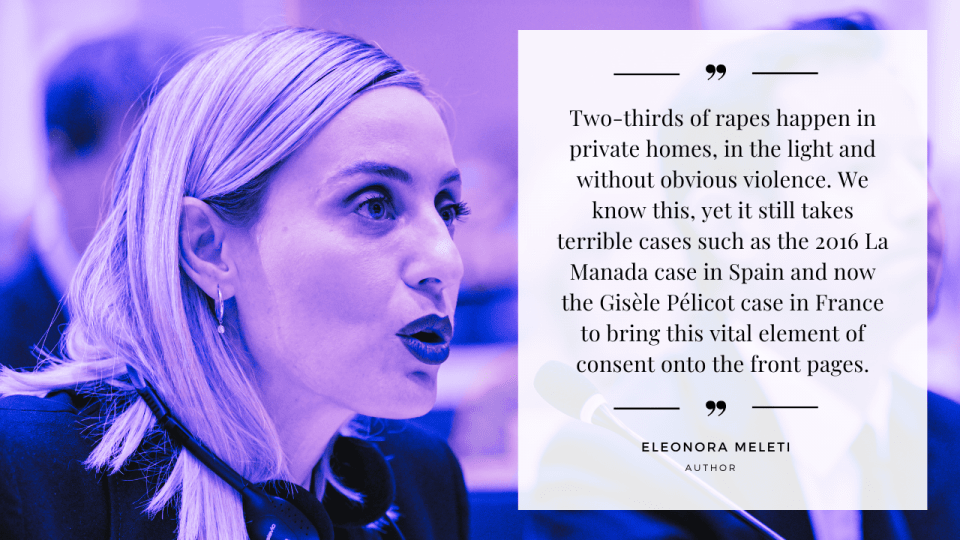
Let's be honest. We have all known for a long time that rape, one of the most heinous crimes, is not always committed by strangers in the dark at gun or knife-point. Two-thirds of rapes happen in private homes, in the light and without obvious violence. We know this, yet it still takes terrible cases such as the 2016 La Manada case in Spain and now the Gisèle Pélicot case in France to bring this vital element of consent onto the front pages. Despite overwhelming evidence and public pressure, progress remains slow. Deep-seated gender stereotypes, economic dependence, and a lack of support systems, particularly in rural areas, create barriers for victims seeking justice. Fear of stigma and inadequate reporting systems mean over two-thirds of victims remain silent.
Universally accepted laws rooted in a clear, consent-based definition of rape would break that silence. They would mean we can finally properly protect victims like Gisèle Pélicot and the thousands of other victims who currently feel that the law, far from defending them, is a lottery and - usually pitted against them.
The European Parliament, alongside the EPP Group, is committed to ensuring a future where no woman’s suffering is met with silence or ambiguity. This November 25th, on the International Day for the Elimination of Violence Against Women, let us pledge to end the "she didn’t say no" defence. All women know that silence is not consent. Let’s not be silent about that.
Eleonora Meleti, EPP Coordinator - Committee on Women's Rights and Gender Equality (FEMM)
Disclaimer – All opinions expressed in this column reflect the views of the author(s) and do not necessarily represent the views of EXPERT EUROPE or its editorial team.
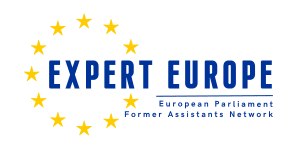
comments0
You don't have the rights to read or add a comment.
Suggested Articles
